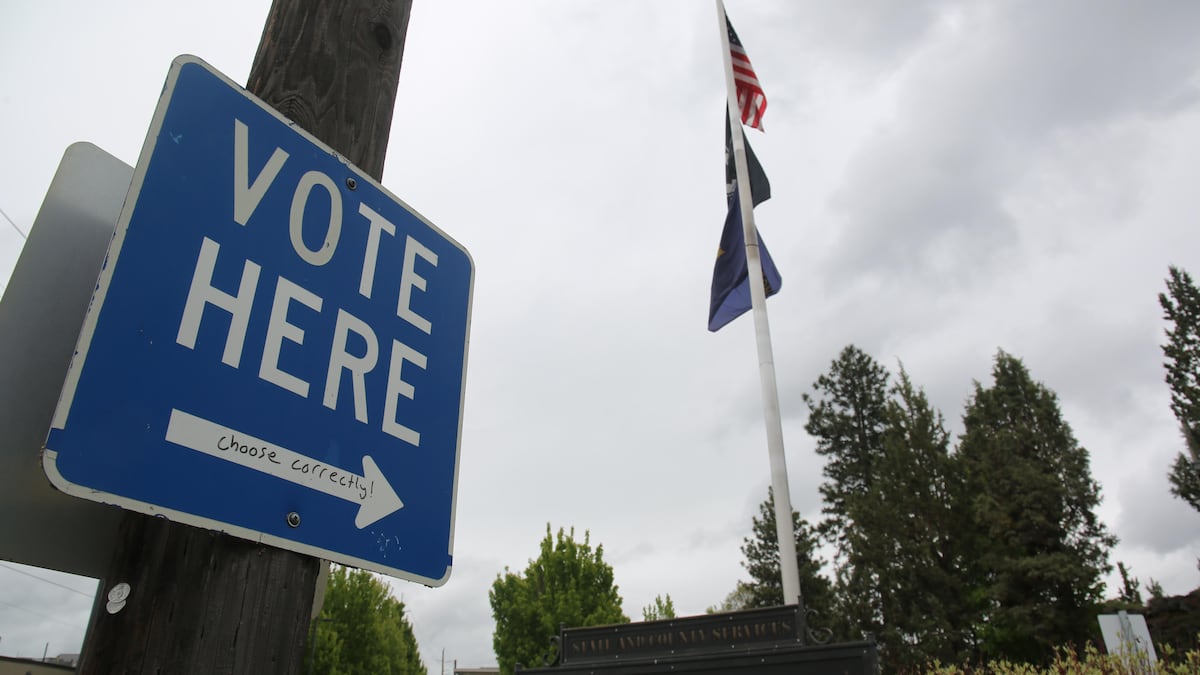After a career in corporate America, IyaSokoya Karade turned her love of gymnastics and her retirement savings into a new enterprise: opening a youth fitness center in her local community. She soon learned that having a passion wasn’t enough to create a sustainable business. One of her earliest mistakes, she said, was not paying herself a salary.
“Pay yourself, because you will run into a complete brick wall when you have debt, responsibilities,” said Karade, owner and CEO of Athletic Arts Academy in Orange, New Jersey. “You have to provide your service product and you’re looking around and you have nothing.”
With a team of advisers to help her, Karade has changed both the focus of her business and her mindset.
More from Invest in You:
Rising rates, inflation, market volatility: How to manage challenging times
How to know if an adjustable-rate mortgage is right for you
When to up your home-buying budget or stick to your original price
“You have to invest in a legal team, you have to invest in someone who is going to look at the money and tell you the truth,” she said. “Some mistakes will cost you triple that on the back end, and it may be the end of your business.”
Not paying themselves a salary is a mistake many entrepreneurs make. More than a quarter (26%) of small business owners said it was their worst financial bad habit, according to a March 2022 survey by Wave Financial.
Separate business and personal expenses
Another major financial misstep: More than one-third (35%) of entrepreneurs surveyed admitted using their personal checking account for business-related expenses.
“A lot of new small business owners don’t spend enough time to keep their books up to date,” said Kirk Simpson, CEO of Wave Financial. His company markets accounting, payments and payroll software to small businesses. Simpson advises having a “true baseline” to understand how the business is performing.
Understand cash flow, set aside reserves
“Cash flow is obviously the lifeblood of every small business,” Simpson said. Yet many businesses don’t focus on how to speed up getting paid.
Running out of cash is one of the top reasons businesses fail. More than half (57%) of small business owners in the Wave survey said they had less than $5,000 set aside in case of a business emergency.
Simpson said during this inflationary period it’s especially important for firms to focus on their accounts receivable and getting paid faster, especially if they don’t have the ability to raise prices.
Be prepared to pivot
IyaSokoya Karade, known as “Coach Iya,” instructs students at the Athletic Arts Academy in Orange, New Jersey.
CNBC
Planning ahead for unexpected changes in the economy, your industry and your business is another important financial step for entrepreneurs, who often don’t have the financial cushion for mistakes.
Yet, almost half of small business owners surveyed said they won’t be able to pivot to additional revenue streams in case of a financial disaster.
“The key is to recognize what works and doesn’t work and to most importantly recognize that being a business owner means a serious and continuous stream of pivots,” said Winnie Sun, co-founder and managing director of Irvine, California-based Sun Group Wealth Partners and a member of the CNBC Financial Advisor Council.
When the pandemic hit, forcing her gym to shut down, Karade decided to pivot and add a licensed child care center in the space. It was a move that required going through several tests and protocols, but it allowed her to reopen since a child care center was considered an “essential business.”
“It was something that I had thought about, but I never had the money to do it because I knew what it cost,” Karade said.
Get creative
Turning to digital services, and accepting digital payments, are other ways that small business owners have tried to ensure they can stay afloat, experts say.
Some businesses may take advantage of the Zoom culture to minimize office space.
“You can even find a corner in your home and recreate it so that on camera it looks like where you want your audience to think that you’re at,” Sun said.
On the other hand, if you have a space that you’re paying for, maybe you can rent it out for parties. Get creative and try new strategies with no regrets.
“Some things don’t work well, some dreams don’t pan out, some things don’t connect with consumers, and that’s okay,” she said.
CHECK OUT: I generate thousands of dollars a month in passive income teaching online classes: Here’s how to get started with Acorns+CNBC
Disclosure: NBCUniversal and Comcast Ventures are investors in Acorns.










